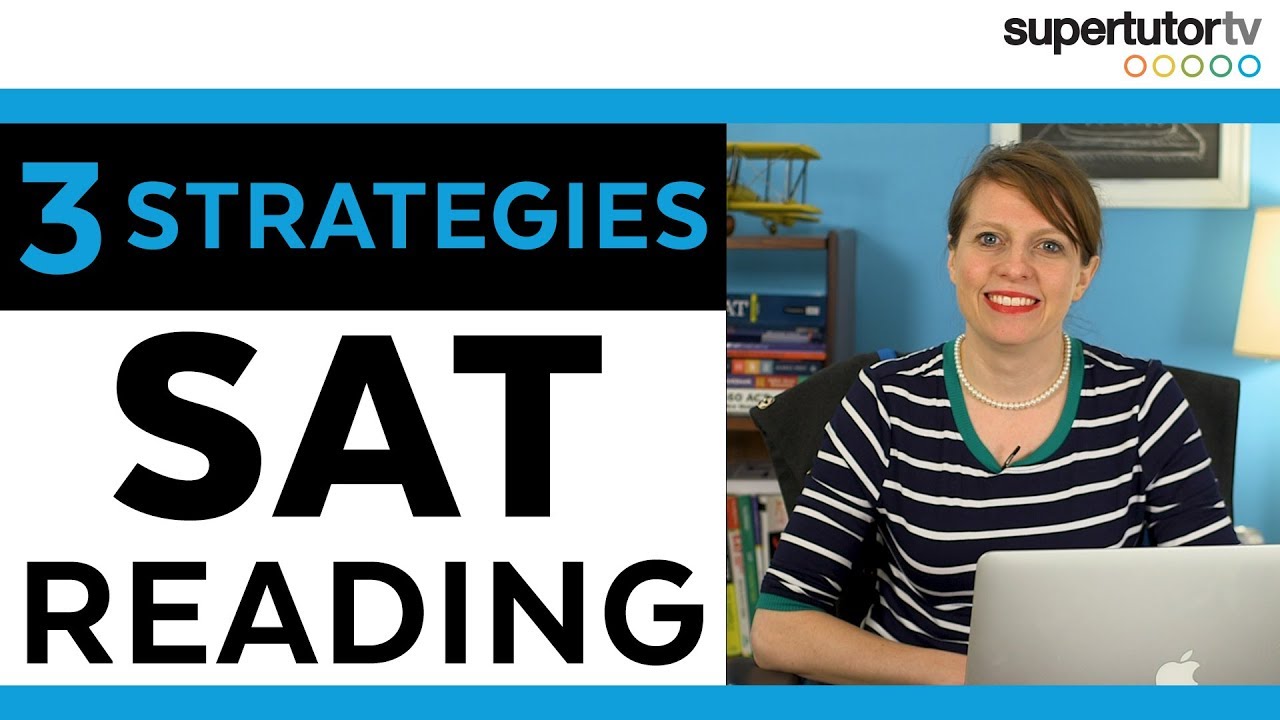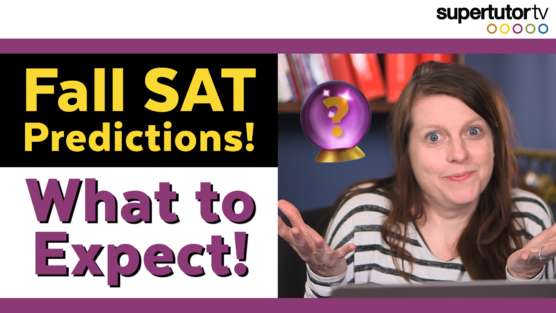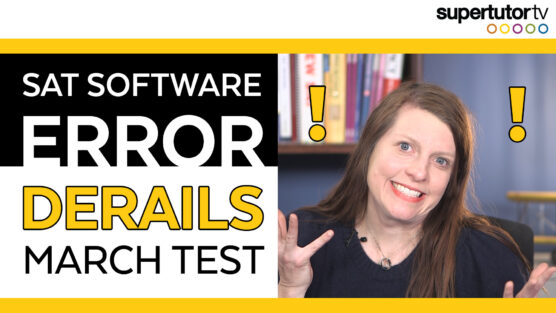Are you still having a tough time strategizing for the SAT® Reading portion? In this blog, we’ll answer a few frequently asked questions when it comes to the SAT® Reading section.
Do I Need to Read the Passage First?
For the most part, yes. However, there are a few exceptions:
– If you speak English as a second language and can barely get through much of anything in a particular passage type
– If you’re scoring below a 550 or so and can’t make it through the test on time
– You have no time left to read (skim if you have 10 minutes left)
– Your pacing strategy involves deep focus on several passages and going double the speed on the last two
Make sure that as you are reading the passage that you hone in on the main idea, tone, and any other fundamental elements. If you are one of those people who have to re-read things over and over to understand something in a passage, then go straight to the questions as that might be a better strategy for you. Just be cautious because when you use that approach, you may create a huge scavenger hunt of information and spend even more time mapping where everything connects. Remember to strategize and be a problem solver. Be adept and nimble to certain things you might face in the Reading portion.
Can I Skim?
Yes, you may skim but be careful of what you think is the main idea of each paragraph. Yes, you can try to get it from the topic sentences but sometimes that will fail. Look for contrast signals (such as “but” or “however”) as they can direct you to the main points of a paragraph. Map the passage so you know where different spots of information are located. You might also want to be extra careful with narrative fiction and humanities passages. They tend to have surprises or places in which a few words are more critical and require more in-depth understanding. Easier reads may come from the science variety which are very skim-friendly.
Should I Take Notes?
Circle, underline, or highlight important information and main ideas of paragraphs. Don’t over do it, though, because it would make all of your mark-ups worthless. Use symbols or shorthand for anything that is complex or hard to understand. Notes can help you unpack and interpret information as you attack the questions. Writing a 1-2 word summary for each paragraph can help you when you are trying to map the entire passage. Don’t write full sentences or underline too much and be sure to use pencil. Another neat tip is also taking notes while you are answering questions so you can grasp any relevant information on a later question.





